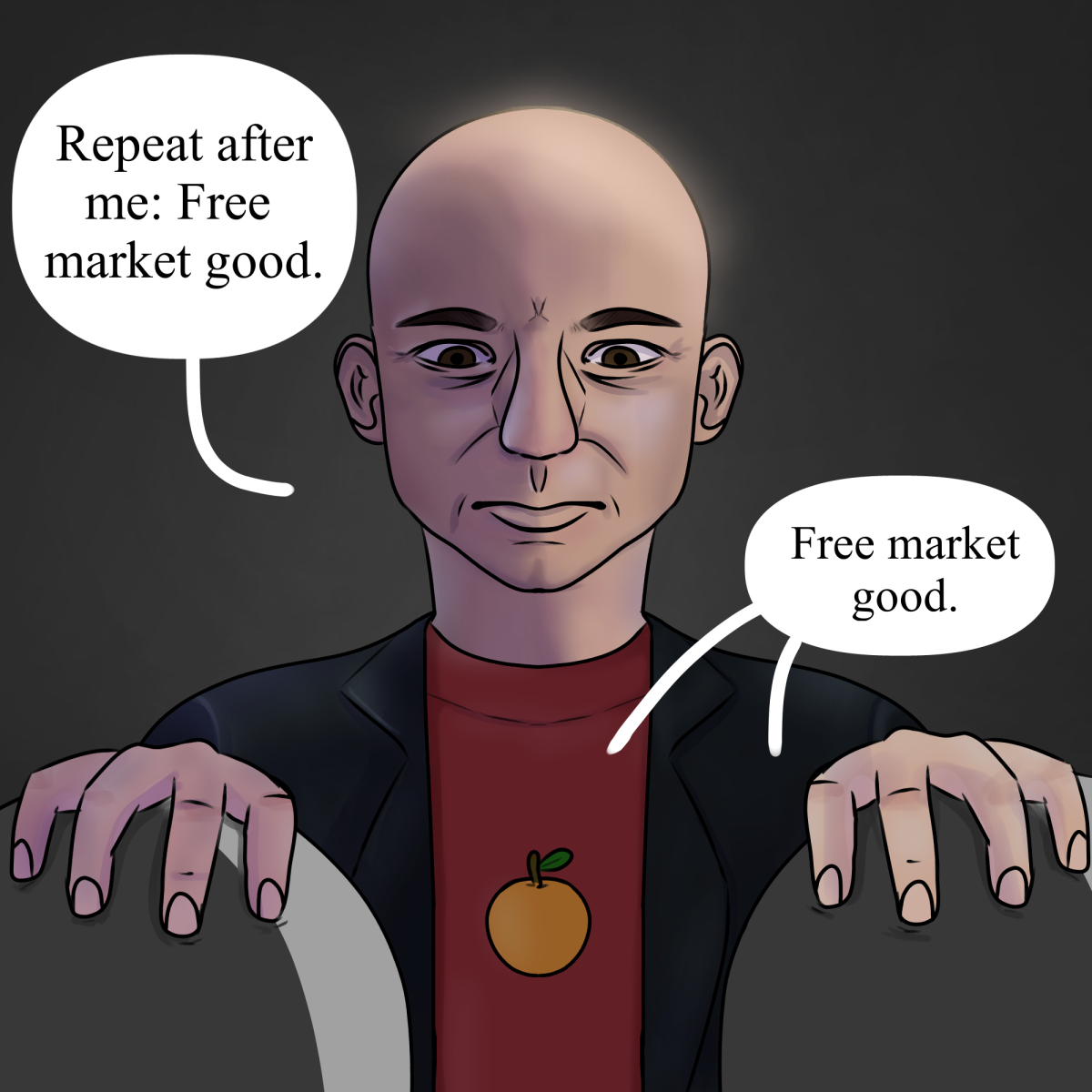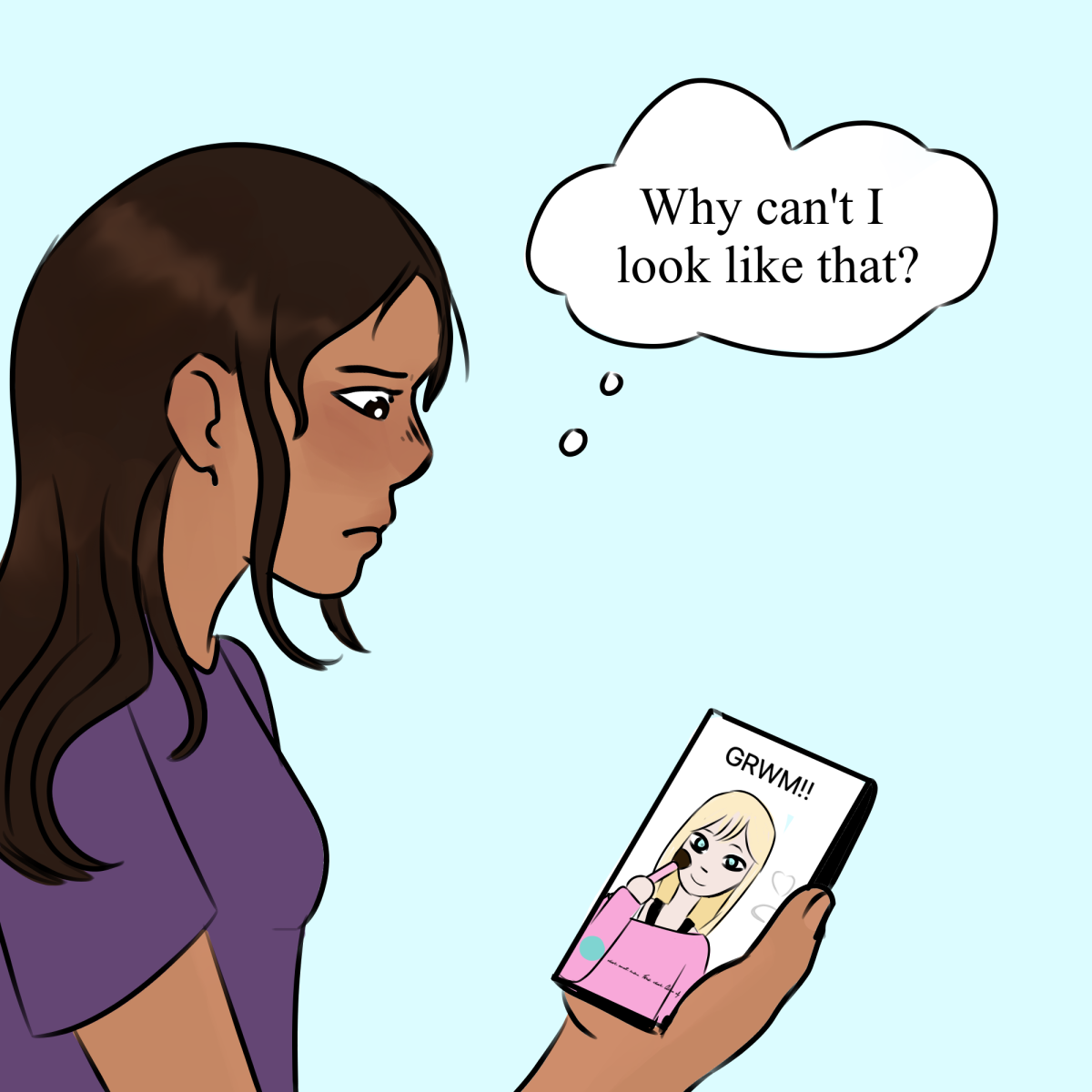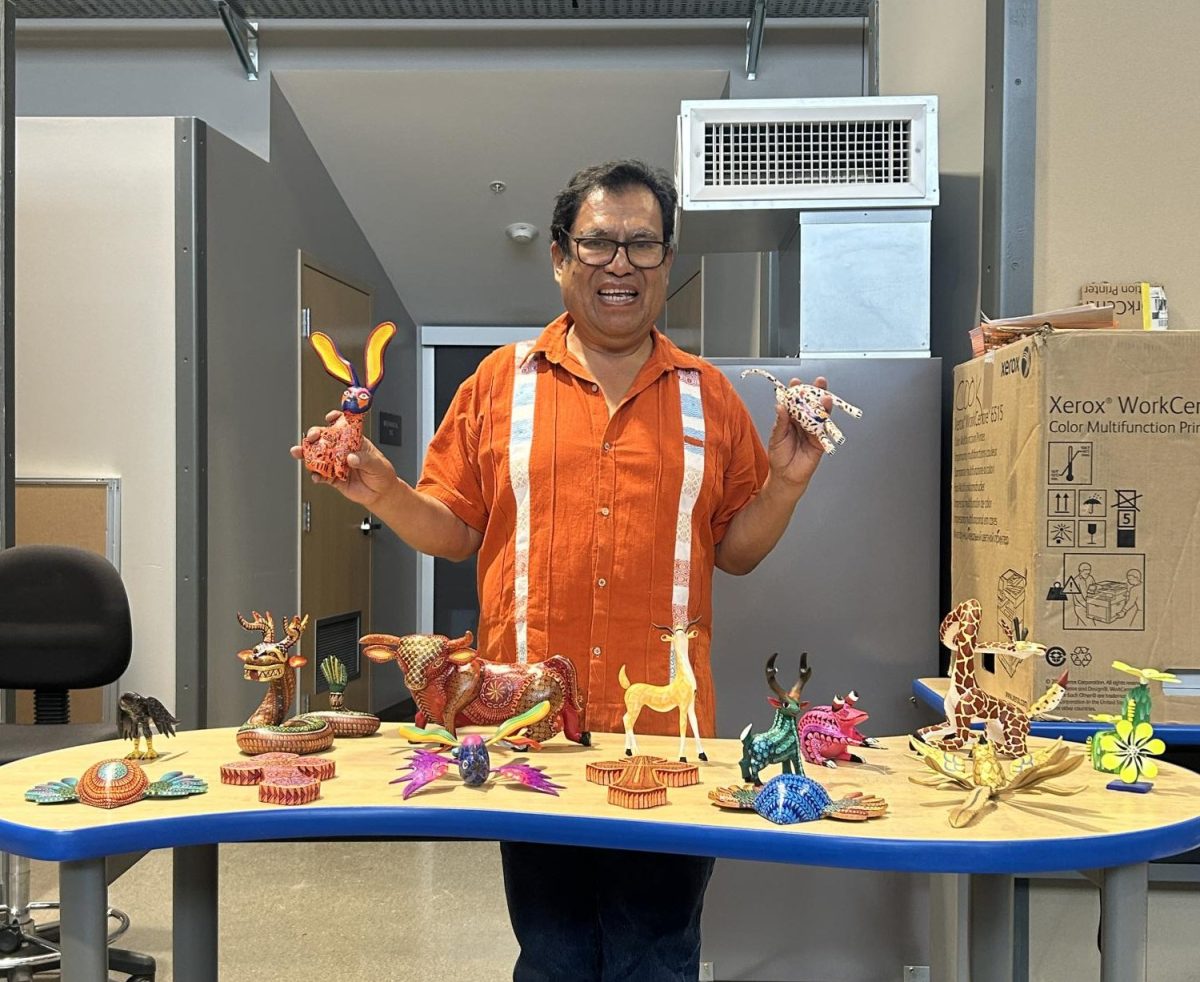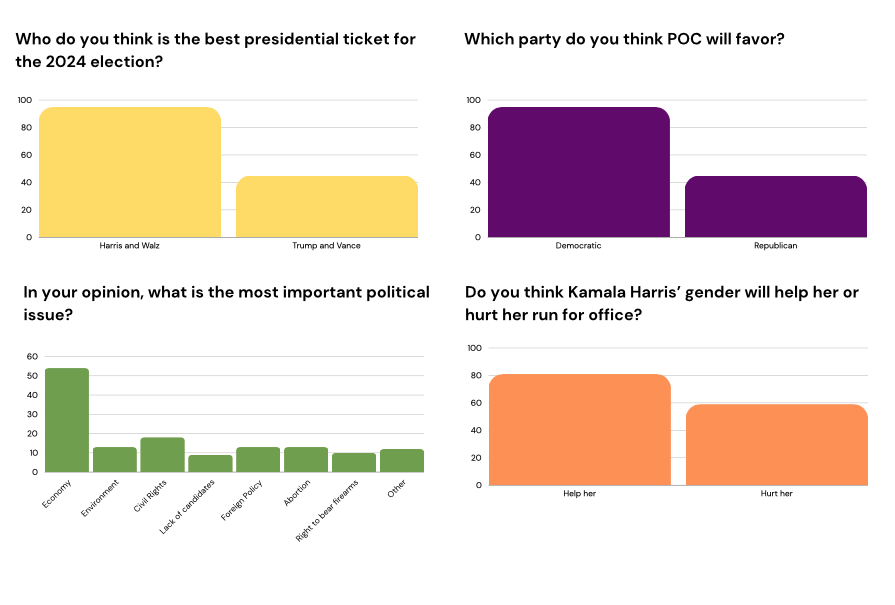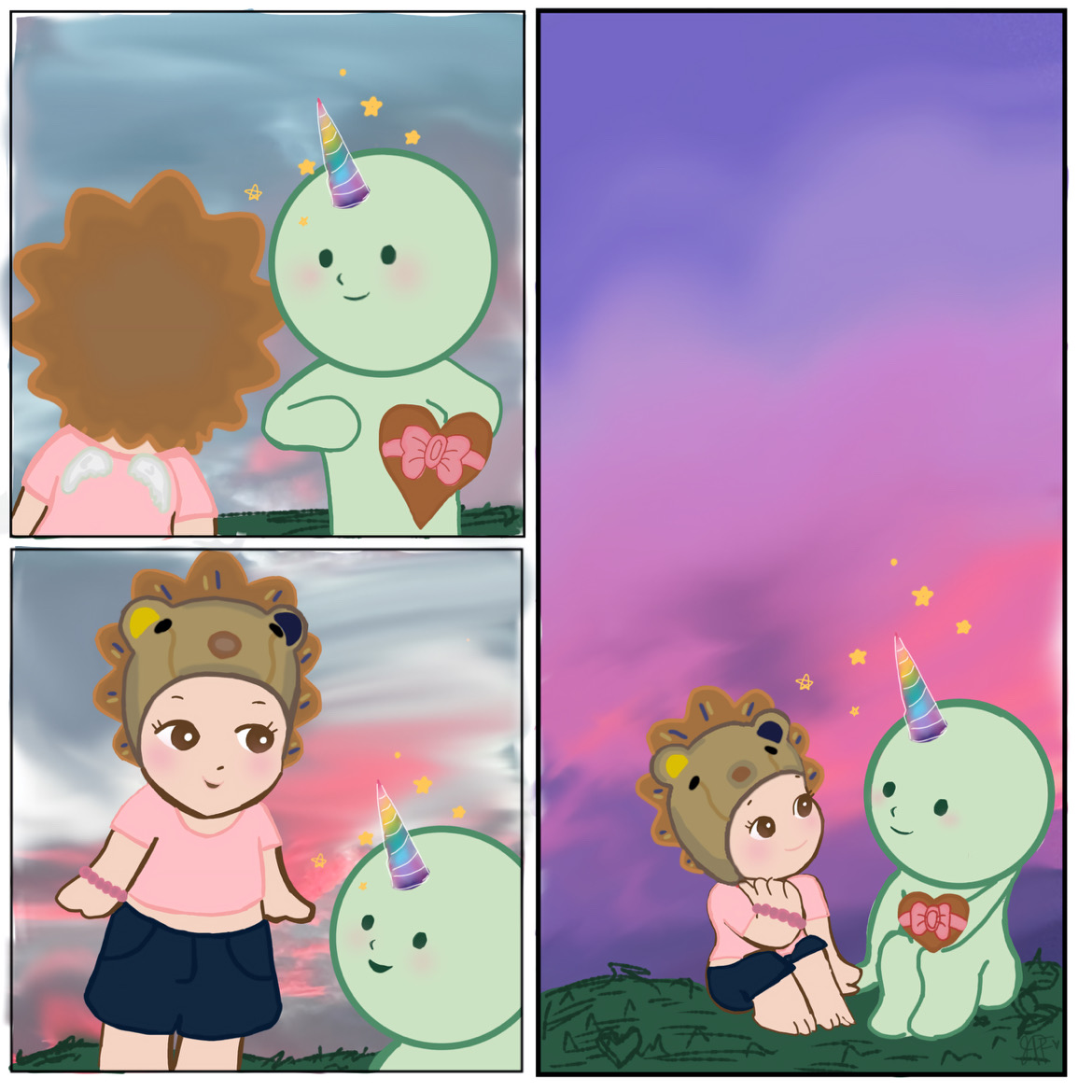Despite teen relationships typically being characterized by their passion and intensity, fewer than two percent of people end up marrying their high school sweetheart. Nevertheless, relationships provide teens with romantic experience and present an opportunity to enhance their emotional development.
Those getting a headstart on relationships save time later in life by learning the traits they like or dislike in a partner. By the time they graduate high school, they will have an idea, based on experiences rather than unrealistic expectations, of what they need in a future partner. Additionally, romantic relationships can provide much needed support and companionship while navigating the awkward, stressful, and daunting adolescent years.
When asked about the benefits of being in a relationship as a teenager, Mt. Eden junior Amy Espinoza responded, “As a teenager, there’s so many conflicts and stressors around you and it’s hard to focus in school or career-wise. It really helps just being able to rant or vent to someone.”
Still, teens are more inclined to be impulsive and take risks as the rational part of human brains isn’t fully developed until the age of 25. This increases their chances of projecting emotional worries onto a partner. Although companionship generally benefits teens, they can fall into a habit of over-dependency, which can isolate them from friends and family.
“I think that people should focus on relationships when they’re out of high school… they’re not adults yet, so they could be a little reckless with their decisions and they could just jump into relationships without fully realizing how big of a commitment it is,” said junior Keilynne Santos.
Students also find that relationships can distract them from academic or extracurricular goals, whether with the enticing excitement of young love or the stress of maintaining a healthy relationship. Struggling to appropriately handle such new and ardent emotions can have potentially detrimental effects on teens’ health. According to Dr. Kara Joyner, sociologist at Cornell University, and Dr. J. Richard Udry, sociologist at University of North Carolina, “the most likely of all teenagers to become depressed are romantically involved girls ages 12 to 14.” Despite this, most romantically involved teenagers are not depressed.
It’s important to note that the aforementioned risks tend to impact relationships with “troubled teenagers” according to Dr. Miriam Ehrensaft, psychologist at the New York State Psychiatric Institute. Those who feel unready for a relationship may benefit from abstaining until comfortable and confident. “Being in a relationship could either motivate you or distract you. I think it motivates me to do better in school,” said junior Nevaeh Jade Adiwidya.
A balanced viewpoint suggests that teen relationships can be worth the investment, provided compromises are established. Optimistic teenagers explore a realm of emotions while maintaining a balance with other crucial aspects of their lives. Teachers, parents, and friends can play an important role in guiding teens through the complexities of relationships as they offer valuable insights without diminishing self-confidence. Ultimately, the significance behind teen relationships lies in the ability to strike a healthy balance between emotional priorities and the pursuit of overall health.







